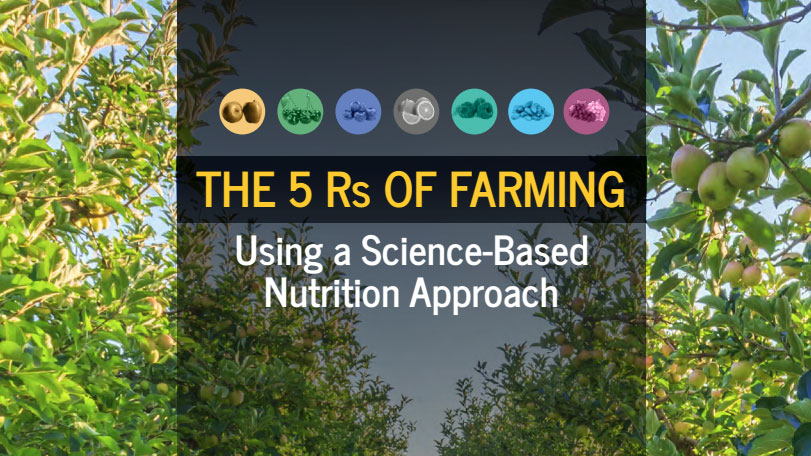Fruit and Vegetable Association Leaders Demand Immigration Reform
The International Fresh Produce Association (IFPA), the only trade association representing the global produce and floral supply chain, stood with Congressional and other agriculture industry leaders yesterday to demand Senate action on immigration reform.
IFPA CEO Cathy Burns joined U.S. Representatives Mike Simpson (R-ID) and Dan Newhouse (R-WA), as well as the National Council of Farmer Cooperatives, U.S. Apple, and others, at a press conference led by the American Business Immigration Coalition Action (ABIC Action) calling for passage of the Farm Workforce Modernization Act.
In 2021, the U.S. House of Representatives passed the Farm Workforce Modernization Act with bipartisan support. In the Senate, Senators Mike Crapo (R-ID) and Mike Bennet (D-CO) have taken the lead on negotiating improvements on the House’s solutions and moving the process forward. Passing new Senate legislation is critical to solving labor shortages facing the agriculture sector and sustaining the U.S. economy as a whole.
The bill provides legal status for the current agricultural workforce, reforms the current federal agriculture guest worker program known as H-2A, and ensures access to a skilled, dedicated workforce.
“IFPA members tell us that, given how difficult the current H2A process is, labor shortages are now the norm rather than the exception,” Burns said. “A lack of skilled farm labor causes a ripple effect in the supply chain, resulting in fewer options and higher prices for restaurant operators, supermarkets, schools, and everyday Americans.”
A July 2022 Texas A&M University report found that having more migrant and H-2A workers was related to lower inflation, higher average wages and lower unemployment. The study also found that more denied petitions for naturalizations are associated with larger consumer prices and higher inflation.
“Immigration reform is the single most important action that can be taken to give relief to Americans struggling to fight unprecedented food inflation and provide healthy food choices for their families,” said Burns. “The cost of inaction is far too high. No one can afford to wait any longer.”
USApple President and CEO Jim Bair echoed Burns, noting agriculture labor reform has been USApple’s top legislative priority for more than a decade.
“It’s the issue that keeps apple growers awake at night, whether they employ 500 workers or five,” Bair said. “An entire year of care and input costs can be lost when it’s time to harvest and workers arrive late or not at all.”
Increasingly, apple growers are turning to the H-2A guestworker program, Bair said, to the point the fruit is probably the largest single commodity user of the program. But workers are often delayed due to administrative red tape and the costs associated with the program have outpaced inflation for decades.
“The reforms in the House-passed Farm Workforce Modernization Act would bring the needed stability and predictability to the agriculture labor market as a whole and specifically to the H-2A program,” he said. “Growers would know what their labor costs are for the year and could plan accordingly, instead of scrambling when they learn at the last minute the H-2A wage rate is increasing by 10% or more.”
IFPA members from around the country will be in D.C. Sept. 26-28 for the association’s Washington Conference and to meet with congressional leaders to make the case for immigration reform, among other priorities. As part of that event, IFPA will release its first economic impact study, which evaluates fresh produce’s multi-billion-dollar-role role in the U.S. economy and nationwide employment.
Bair implored Senate leaders to put politics aside for the sake of food security and the economic viability of rural communities. There is no more important issue, and the industry’s fate is at stake.
“The past few years have created a perfect storm as growers’ input costs such as fuel, fertilizer and freight have risen as much as 300 percent, while lost export markets have left apples to overhang the market and make the strain even greater,” he said. “Apple growers are making tough decisions to determine if they can hang to continue producing America’s favorite fruit for another year, or if what has been a livelihood for three, four, or more generations stops with them.”









